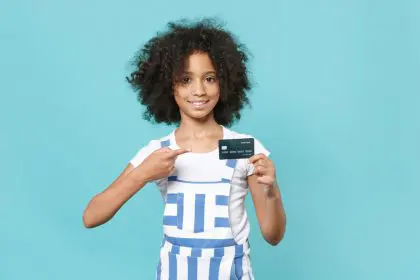Conflict is an inevitable part of life, a ubiquitous thread woven into the tapestry of human interaction. It can arise in any relationship between children, often manifesting as disagreements over toys, playtime preferences, or even the allocation of household chores. While conflict can undoubtedly present challenges, it also holds the potential to catalyze personal growth and development. By equipping children with conflict resolution skills, we empower them to navigate these inevitable clashes healthily and constructively, fostering emotional intelligence and nurturing essential social skills.
When approached with the right mindset, conflict can become an invaluable learning opportunity. It provides children with a platform to practice empathy understanding the perspectives and feelings of others. It teaches them the art of effective communication, enabling them to articulate their thoughts and needs clearly and respectfully. Moreover, conflict resolution fosters the development of problem-solving skills, encouraging children to approach disagreements with a collaborative spirit seeking mutually beneficial solutions.
Conflict resolution skills serve as a compass, guiding children through the intricate maze of human interaction. They equip them with the tools to navigate interpersonal disagreements with grace and understanding, fostering harmonious relationships and nurturing their emotional and social well-being.
Why conflict resolution skills are important
Conflict resolution skills are essential for children because they:
- Help children to understand and manage their emotions
- Teach children how to communicate effectively
- Help children to develop empathy and perspective-taking skills
- Teach children how to problem-solve and negotiate
- Help children to build healthy relationships
How to teach children conflict resolution skills.
There are several things that parents and caregivers can do to teach children conflict-resolution skills. Here are a few tips:
- Model practical conflict resolution skills. Children learn by watching the adults in their lives. If you want your child to know how to resolve conflict healthily, it is important to model that behavior yourself.
- Talk about conflict with your child. Make conflict a regular topic of conversation. Talk about conflicts that you have experienced and how you resolved them.
- Read books about conflict resolution. There are many great children’s books that teach conflict resolution skills.
- Play games that teach conflict resolution. Several games can help children learn how to communicate, negotiate, and solve problems.
Specific conflict resolution skills to teach children
Here are some particular conflict resolution skills that you can teach your child:
- Active listening. Active listening is the ability to pay attention to what another person is saying and try to understand their point of view.
- I-statements. I-statements are a way of expressing your feelings without blaming or accusing the other person. For example, instead of saying, “You’re always taking my stuff,” you could say, “I feel frustrated when you take my things without asking.”
- Problem-solving. Problem-solving is the ability to identify the problem, brainstorm solutions, and evaluate those solutions.
- Compromise. Compromise is the ability to find a solution that works for both people.
- Take a break. If a conflict escalates, it is essential to take a break and return to it later when both people can calm down.
Teaching children conflict resolution skills is an essential part of parenting, akin to providing them with the tools they need to navigate the complexities of life. By nurturing these skills, we empower our children to become adept communicators, empathetic listeners, and resourceful problem solvers, fostering their emotional intelligence and social prowess. When children grasp the art of conflict resolution, they embark on a path toward harmonious relationships, reduced stress, and tremendous success in academic and personal endeavors.
This story was created using AI technology.










